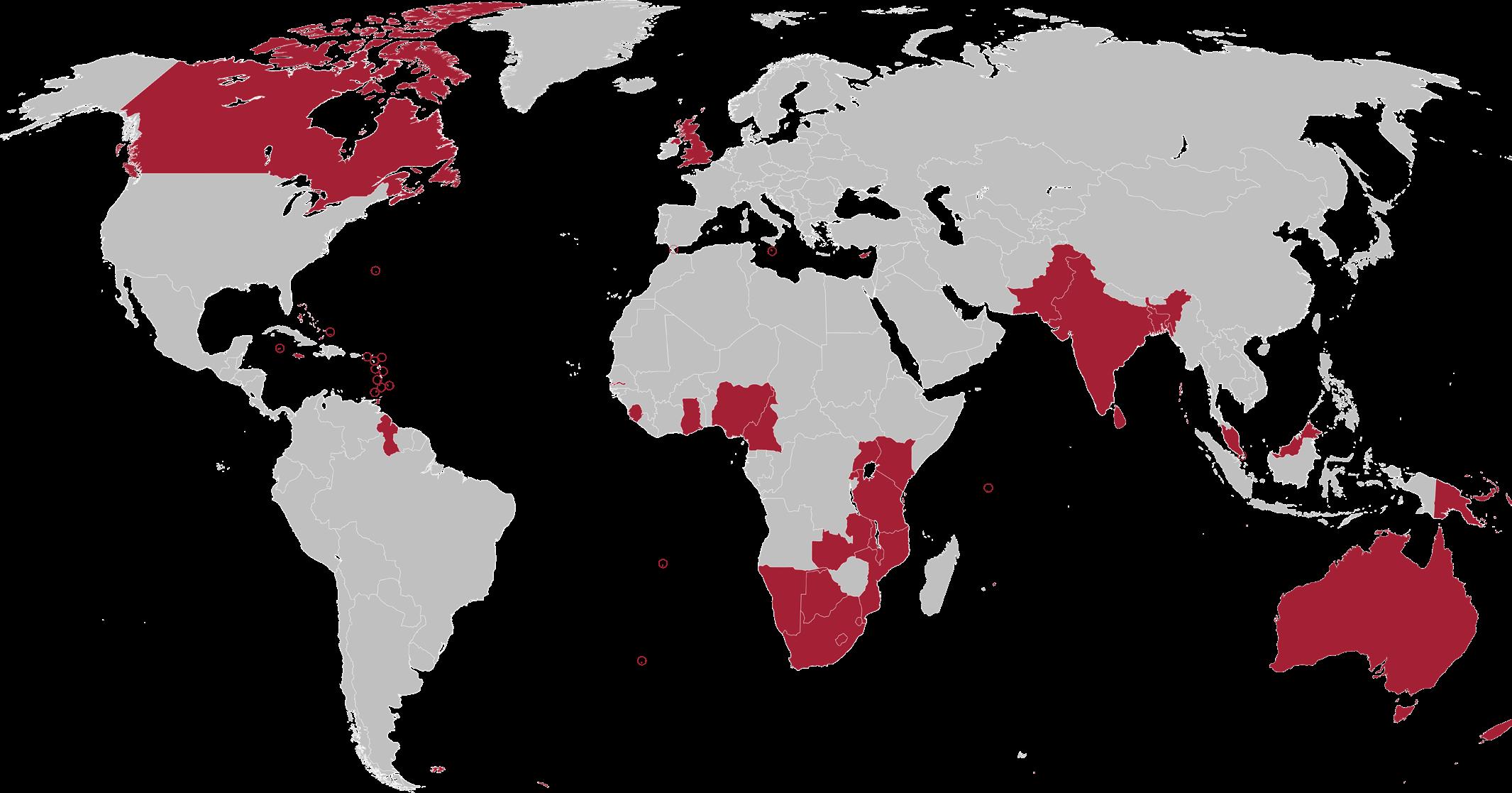
2 minute read
FOREWORD
FOREWORD FROM THE CWP CHAIRPERSON
With the ‘MeToo’ Movement awakening the world to those who have been affected by sexual violence and harassment, the current climate presents parliaments with an opportunity to radically transform communities and institutions.
In a study conducted by the Inter-Parliamentary Union (IPU) on Sexism, Harassment and Violence Against Women in Parliaments in Europe, it was found that over 40% of female parliamentary staff had experienced sexual harassment at work1. Additionally, 82% of women parliamentarians who participated in the IPU’s international study on sexism, harassment and violence against women parliamentarians have suffered psychological violence during their term in office2 .
The Commonwealth Women Parliamentarians (CWP) network is committed to promoting gender equality in all areas of parliamentary life. Since its creation in 1989, it has been dedicated to raising the awareness of issues that deeply affect women across the Commonwealth. The CWP acknowledges that the ability to eradicate harassment will require the participation of all.3 At the 6th Triennial CWP Conference, held in the margins of the 64th Commonwealth Parliamentary Conference in Uganda the issue of bullying and harassment in the workplace was highlighted as an important issue which needed to be tackled across the Commonwealth and beyond. Women parliamentarians of all political ideologies, from the largest to the smallest legislatures in the Commonwealth emphasised their commitment to drive change, both within their jurisdictions and abroad.
Commonwealth parliaments have accepted the fundamental value of Human Rights, which is to advocate for equality, respect and the protection of people regardless of their age, gender, nationality and political background. Legislatures have also recognised the principle of tolerance, respect and understanding which looks at recalling ‘respect for the dignity of all human beings’4, however, harassment persists in every sector of work and can and does include parliaments.
The devastating consequences of this intolerable behaviour are far-reaching. Not only does this negatively affect and alter the lives of Members of Parliament, Members’ staff, parliamentary staff, families and communities, but it also has the potential to destroy public trust and may raise questions about their parliament’s failure to lead by example.
The structure and content of these guidelines is designed to help legislatures, regardless of their experience, to promote and maintain an internal working environment that has a zero-tolerance approach to all forms of harassment. Using a wide range of policies from parliaments across the CPA’s membership as case studies, these guidelines take a step by step approach that offers practical methods that can and should be incorporated in respective policies and strategies.
Hon. Shandana Khan MNA, Commonwealth Women Parliamentarians Chairperson and Member of the National Assembly of Pakistan
As both a visible and representative institution, parliaments must show leadership and set an exemplary standard for their jurisdiction or country. Therefore, parliaments must take a proactive and symbolic role in having such policies in place.

Parliaments are invited to select, amend and adopt applicable components that may be useful in asserting and advancing efforts to create a harassment-free working environment.
Both the CPA and the CWP network will continue to work with our 180 Branches to combat harassment in all its forms. We hope that this resource will contribute to parliaments’ success in identifying benchmarks and good practice for the betterment of society.
1. https://www.ipu.org/resources/publications/issue-briefs/2018-10/sexism-harassment-and-violence-against-women-in-parliaments-in-europe 2. https://www.ipu.org/resources/publications/reference/2019-11/guidelines-elimination-sexism-harassment-and-violence-against-women-in-parliament 3. 64th Commonwealth Parliamentary Conference: CWP Session 4: Combatting Bullying and Harassment Within Parliaments, pages 24 – 25 4. https://thecommonwealth.org/sites/default/files/page/documents/CharteroftheCommonwealth.pdf



